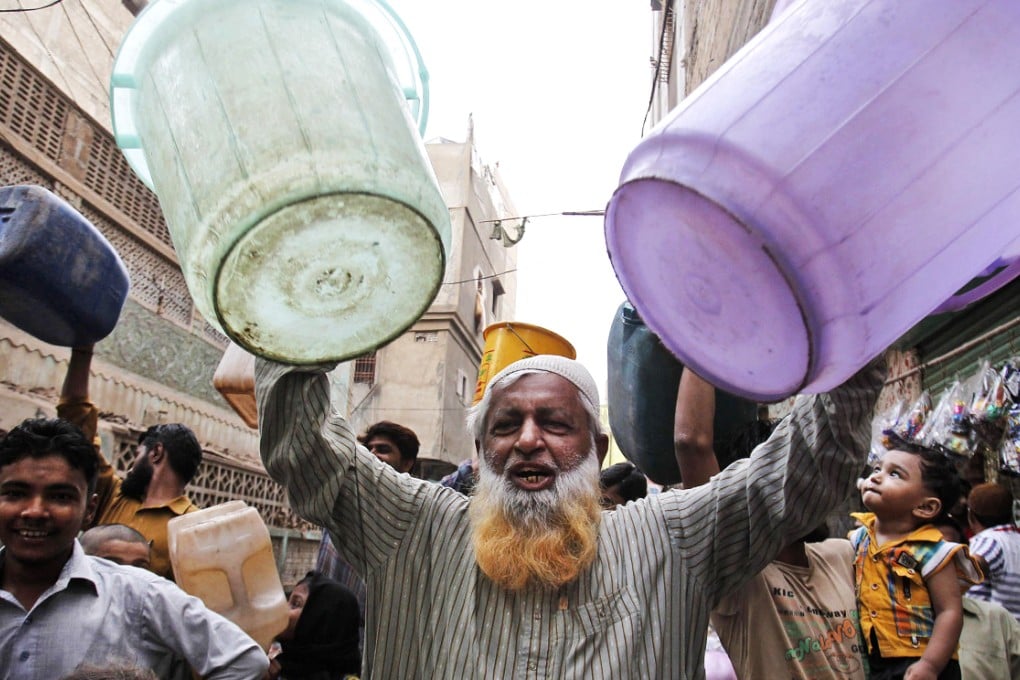Karachi's thirst for water unquenched
A surging population, an ageing supply system and drought has left Pakistan's biggest city facing a water shortage that's only getting worse

On the outskirts of the slums of Pakistan's biggest city, protesters burning tyres and throwing stones have what sounds like a simple demand: they want water at least once a week.

"During the last three months they haven't supplied a single drop of water in my neighbourhood," protester Yasmeen Islam said. "It doesn't make us happy to come on the roads to protest but we have no choice anymore."
Karachi gets most of its water from the Indus River - about two billion litres per day - and another 1.4 billion litres from the Hub Dam that is supplied by water from neighbouring Baluchistan province. But in recent years, drought has hurt the city's supply.
Misbah Fareed, a senior official with the Karachi Water and Sewerage Board that runs the city's water supplies, said that only meets about half the city's needs - 4.5 billion litres a day.
Karachi's water distribution network has exacerbated the problem by forcing much of the city to get its water through tankers instead of directly from pipes. The Karachi Water and Sewerage Board operates 12 water hydrants around the city where tankers fill up and then distribute. Even people in the richest areas of the city get their water through tankers that come a few times a week to fill up underground cisterns.

